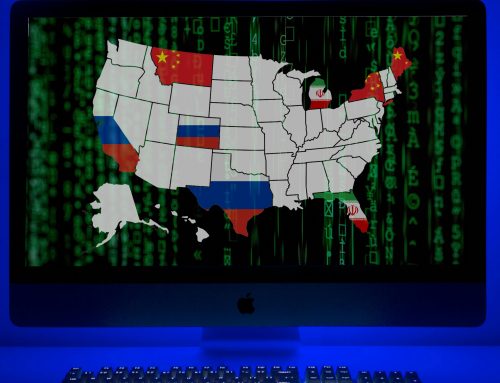Executive Summary
Combating foreign interference in democracies, once a fringe policy issue on both sides of the Atlantic, has become one of the key policy and societal challenges of our time. It was not long ago when this set of issues would be buried in official communiqués in sections labeled “hybrid threats” and walled off to be studied by specialists in nascent institutions, if not virtually ignored, across the transatlantic space.
Russia’s comprehensive interference operation in the 2016 US presidential election changed that calculus, as did high-profile interference cases targeting European countries in the subsequent years. Since that time, adversaries have grown in numbers, appetite, and sophistication, launching increasingly disruptive campaigns that take direct aim at the democratic fabric of the transatlantic community. In response, most national governments and multilateral institutions like the EU and NATO have ramped up their attempts to defend against and respond to foreign interference.
Yet the threat of foreign information manipulation and interference has evolved rapidly, in most cases outpacing efforts to address it. This is not just due to slow or sclerotic bureaucracies having to adapt quickly—and, unfortunately, not always successfully—to the challenge at hand. Foreign interference threats have targeted all sectors of democratic society and aggressively exploited technological innovations to make their offensives more complex to detect and far more demanding to tackle for governments, private industry, and civil society alike.
This report by the Alliance for Securing Democracy (ASD) at the German Marshall Fund of the United States (GMF) explains five key trends that have shaped the foreign interference threat landscape since Russia’s comprehensive operation in the United States eight years ago. It focuses both on the explosion of malign actors and their ever-changing tactics. In a year full of consequential elections on both sides of the Atlantic and around the globe, analyzing these trends and their impact will help various stakeholders in different sectors build more meaningful and impactful responses. And it is hugely significant for understanding the very real dangers that foreign interference threats continue to pose to national security and democratic stability, as democracy itself remains in the crosshairs.






